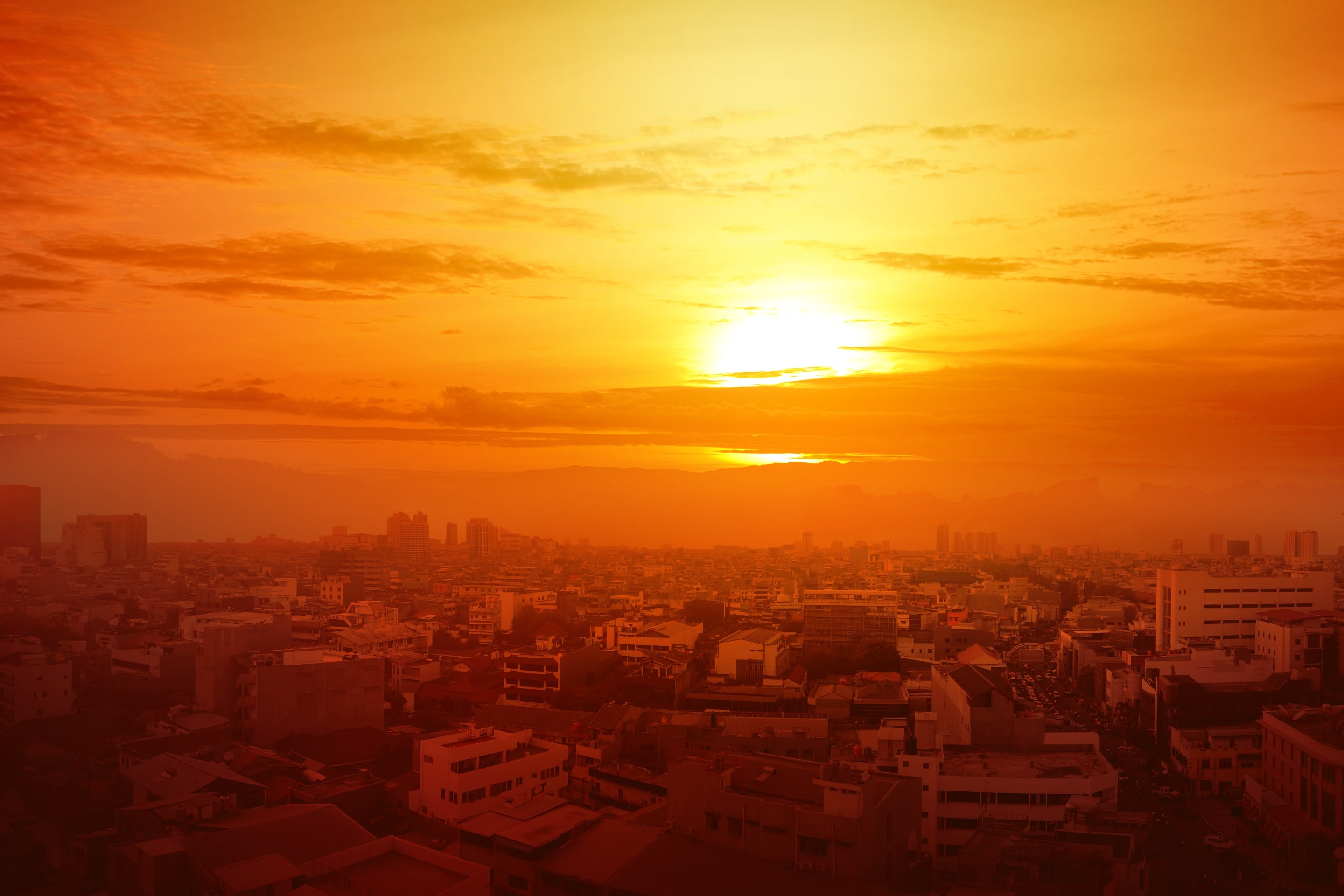
Heatwave in South Asia – Scientists warn of what’s to come
Are you concerned about the record-breaking heatwave in South Asia?
Written by Jamie Epstein, Countable News
What’s the story?
- South Asia is experiencing an early heatwave this month with record-breaking temperatures, reaching past 120 degrees Fahrenheit in some areas. This follows extreme heat in March and April, which already had higher temperatures than India has seen in those months for more than a century. High temperatures are more common in May preceding the monsoon season.
- Only a small percentage of Indians have air conditioning, causing some schools to close early for summer, dozens to die of heatstroke, and putting billions at risk of other heat-related illnesses.
- Residents in Pakistan’s Balochistan province have reported not having functional refrigerators or air conditioning for much of the day. Pakistani cities Jacobabad and Sibi recorded highs of 116.6 degrees Fahrenheit, which was the highest temperature recorded in any city in the Northern Hemisphere on that day, according to Pakistan’s Meteorological Department.
- Last week, the Indian capital, Delhi, experienced a wildfire that engulfed a landfill, causing toxic smoke to fill the air.
- Many in the region are concerned about the agricultural yields. Farmers are reporting reduced crop yields and lower profits, as this is a critical time for the wheat harvest. India was hoping to boost wheat production to help make up for the shortfall in global grain supplies from the war in Ukraine.
What scientists are saying
- For years, climate scientists have warned of how vulnerable the area will be to the effects of climate change. This includes longer and hotter heatwaves, dangerous storms, increased droughts, and melting of the Himalayan glaciers, causing flash floods.
- Researchers say South Asia is on the front lines of climate change. Experts believe life may become unbearable in the region before the end of the century.
- Suruchi Bhadwal, the director of earth science and climate change at The Energy and Resources Institute (TERI), says this year’s wheat harvest may be a forewarning of what’s to come.
- Experts and activists are urging federal and state governments to do more to mitigate the effects of climate change. Dr. Chandi Singh from the Intergovernmental Panel on Climate Change and the Indian Institute for Human Settlements says more should be done to prepare for future heatwaves alone.
“We don’t have a heat action plan and there are gaps in planning,” Singh said. “You can only adapt so much. This heatwave is testing the limits of human survivability.”
Should governments around the world do more to plan for helping citizens cope with heatwaves?
(Photo Credit: iStock.com / leolintang)